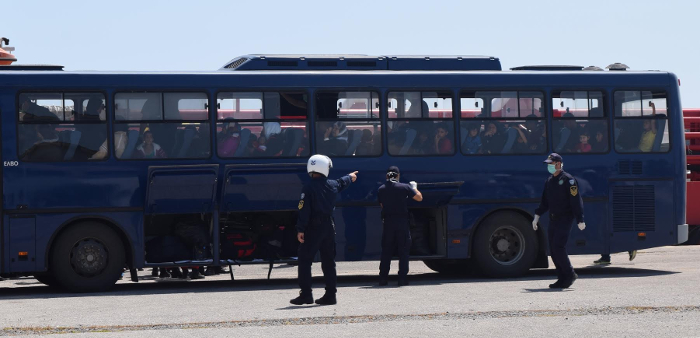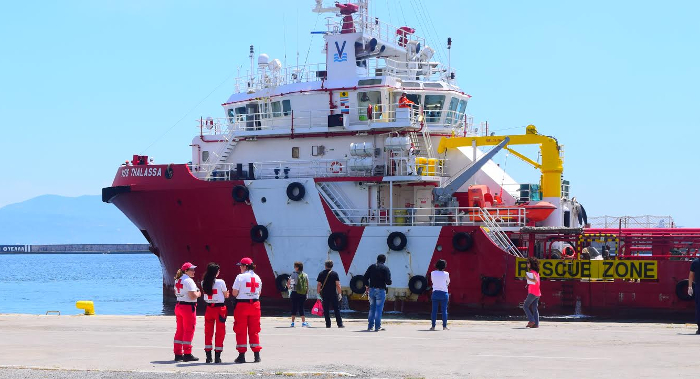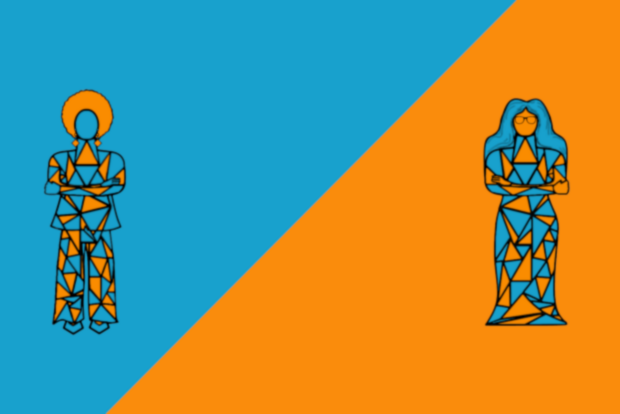New coordinating unit to meet Greek migrant health challenge

The Greek government has created a central coordinating unit to manage the work of those public and voluntary sector organisations trying to meet the health needs of refugees. Funded by the new European Union emergency assistance scheme, the National Health Operations Centre (EKEPY) will lead a collaborative network of squads from national government as well as Greek and international charities.
Greece is currently hosting more than 40,000 refugees, and 2000 more arrive every day. Two Syrian children have just been diagnosed with hepatitis A, and there are concerns around public health and disease control as well as the need for emergency medical treatment for those landing on Greek beaches.
EKEPY will initially bring together the Hellenic Centre for Disease Control and Prevention (KEELPNO), the National School of Public Health, the National Emergency Aid Centre and other public health services, joining forces with charities to offer medical assistance in the worst affected areas of Elliniko, Northern Greece and Piraeus port.

In Elliniko camp, medical and nursing personnel from KEELPNO, Doctors of the World and the Women and Health Alliance International will work in rolling shifts from morning to midnight alongside Greek social pharmacies.
In Piraeus port, the regional Medical Association, Doctors of the World and Medecins Sans Frontieres will treat emergency cases from morning to midnight while a Mobile Dental Unit and rescuers from the Greek Red Cross will also be present.
In Idomeni, two KEELPNO Mobile Units will supply adult and paediatric health care for roughly eight hours a day. NGOs and two ambulances will be on standby 24/7.

In the Northern Greek camps of Polykastro, Cherso and Diavata, the Greek army will provide health care to refugees all day, aided by NGOs and local medical teams.
The Health Ministry has prioritised emergency treatment, but will also look into epidemiological surveillance of the refugee hot spots across Greece. The new European Union emergency assistance scheme, launched earlier this month, is expected to channel €300 million to Greece this year and €200 million both next year and in 2018.
For up to date government news and international best practice follow us on Twitter @globegov
See also:
New digital services to combat Athens tax evasion
Euro working group to meet this week as Greece seeks to unlock bailout funds






















